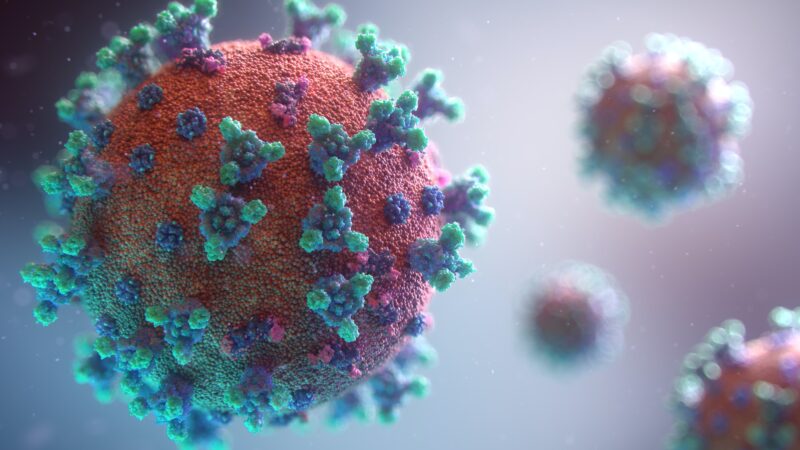Adverse Childhood Experiences (ACEs) and Health Outcomes
Adverse Childhood Experiences (ACEs) encompass a range of traumatic events that individuals may face during their formative years. These experiences, including abuse, neglect, household dysfunction, or witnessing domestic violence, have profound consequences that extend into adulthood.
On Tuesday, November 14, our health talk panel discussion shed light on the critical relationship between ACEs and health outcomes. The discussion emphasized the urgent need to comprehend and address the impact of early-life adversities.
Studies consistently reveal a direct correlation between ACEs and negative health outcomes, emphasizing the importance of recognizing and mitigating their effects. These consequences are not limited to psychological well-being; they intricately weave into the fabric of physical health.
Individuals who have undergone ACEs face an elevated risk of developing chronic conditions such as cardiovascular diseases, diabetes, and mental health disorders. The stress induced by ACEs triggers biological responses that contribute to increased vulnerability to various health challenges.
The coping mechanisms developed in response to childhood trauma can lead to detrimental health behaviors, including substance abuse and risky lifestyle choices. Understanding these mechanisms is crucial for developing effective interventions.
The recognition of the link between ACEs and health outcomes is pivotal for healthcare professionals, educators, and communities at large. Fostering awareness and implementing trauma-informed approaches can pave the way for preventive interventions and supportive environments.


